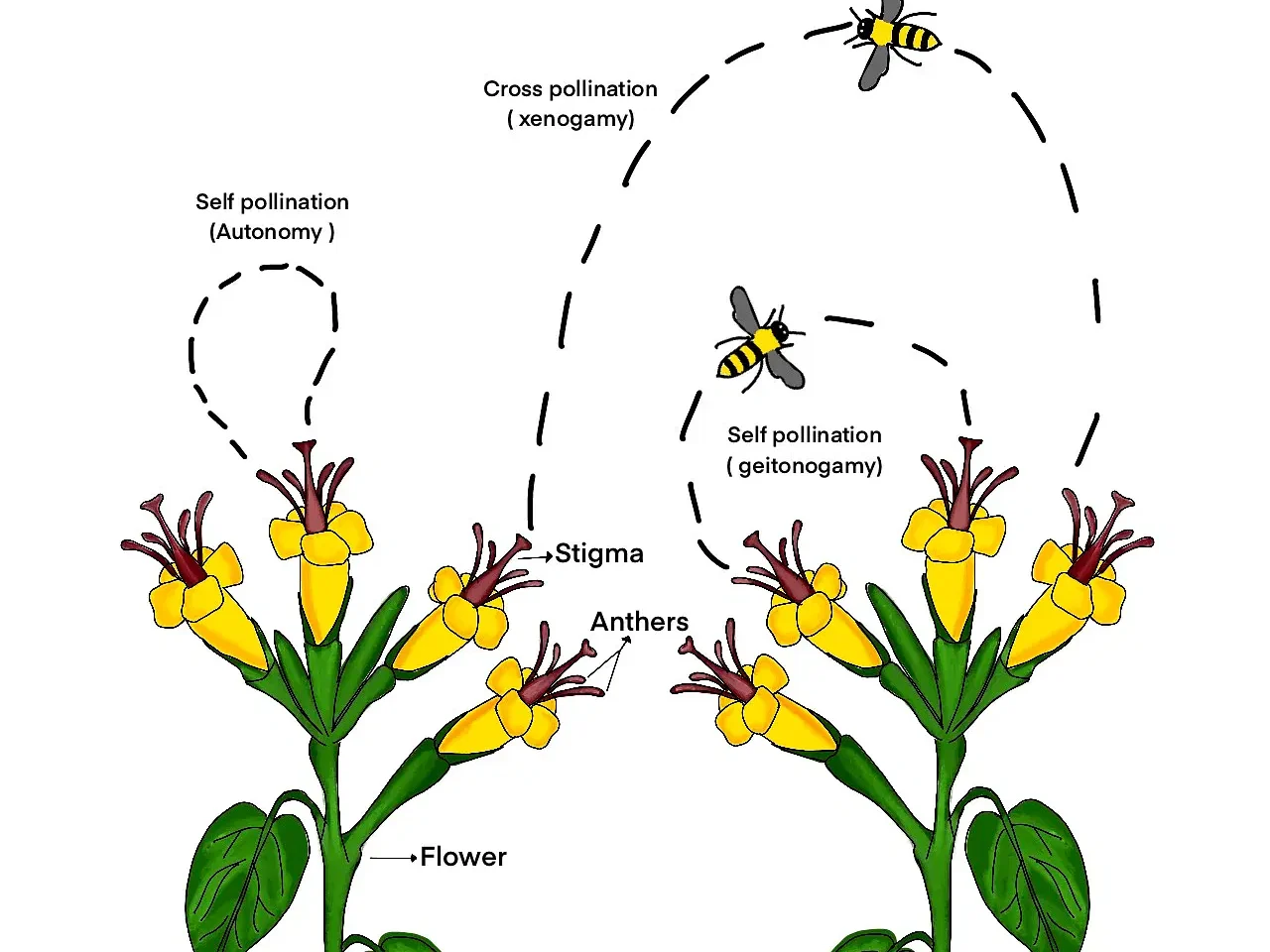Introduction
Chemistry, often dubbed the “central science,” is an indispensable field that acts as a bridge between physical sciences like physics and life sciences such as biology. It touches nearly every aspect of our existence, from the water we drink to the medicines that keep us healthy. The study of chemistry allows us to understand the intricate details of how substances interact, change, and shape the world around us.
1. Understanding the Nature of Matter and Its Changes
At the heart of chemistry lies the study of matter—what everything around us is made of. Whether it’s the solid metal in a car, the liquid water we drink, or the air we breathe, chemistry explains the composition, structure, and behavior of all matter. It enables us to understand why ice melts at a specific temperature, how carbon forms the backbone of organic life, and why certain substances react explosively while others are stable.
Through chemistry, we also learn about the various changes matter undergoes—both physical and chemical. It gives us insights into the processes that drive everything from cooking food to fueling vehicles. For instance, understanding exothermic and endothermic reactions helps us grasp how heat is absorbed or released during chemical transformations, which is vital in both industrial processes and everyday life.
2. Chemistry in Daily Life: The Invisible Helper
Chemistry is an inseparable part of our daily routine, often working behind the scenes to make life more convenient and comfortable. From the moment you wake up and brush your teeth (thanks to the fluoride in toothpaste) to the food you cook (with the help of emulsifiers and preservatives), chemistry silently plays its role. Even the cleaning agents you use to wash dishes or remove stains are carefully designed mixtures of chemicals optimized to tackle grease, dirt, and bacteria.
Moreover, everyday products like soaps, shampoos, cosmetics, fuels, and plastics are all outcomes of applied chemistry. By studying chemistry, we learn not just the composition of these items but also their safe and effective use, ensuring we make informed choices in our daily lives.
3. The Backbone of Industrial Growth
Industries ranging from pharmaceuticals and textiles to agriculture and petrochemicals heavily rely on chemistry. Chemical processes are at the core of manufacturing everything from fertilizers that boost food production to polymers that make our gadgets lightweight and durable. Advances in chemical research have driven the development of smarter materials, energy-efficient processes, and sustainable solutions that power global economies.
For instance, without advancements in chemical engineering, we wouldn’t have fuels that keep our vehicles running, or medicines that save millions of lives. The role of chemistry in industry is so vast that nearly every product we use can trace its origin back to some chemical innovation.
4. Environmental Stewardship and Sustainability
As the world grapples with climate change, pollution, and resource depletion, chemistry offers solutions to some of the most pressing environmental challenges. Chemists develop eco-friendly materials, design processes that minimize waste, and find alternatives to harmful substances. Concepts like green chemistry are driving the creation of sustainable products that reduce environmental impact without compromising efficiency.
Understanding chemistry allows us to explore methods of reducing pollution, recycling materials, and conserving resources. For example, water treatment processes, pollution control measures, and sustainable agricultural practices are all grounded in chemical principles. The study of chemistry thus equips us with the knowledge to protect and preserve our planet.
5. Advancing Health and Medicine
The study of chemistry is fundamental to modern healthcare and medicine. From the development of new drugs to the understanding of diseases at the molecular level, chemistry is at the forefront of medical science. The formulation of life-saving antibiotics, vaccines, and cancer treatments relies on precise chemical research. Additionally, diagnostic tests, sterilization techniques, and the synthesis of biomaterials for implants are all chemically engineered to improve patient outcomes.
Chemistry not only helps in curing diseases but also in preventing them. By analyzing the human body’s biochemistry, we gain insights into how nutrients, hormones, and enzymes function, leading to better health practices and dietary recommendations. The medical applications of chemistry have improved life expectancy and enhanced the quality of life worldwide.
6. Endless Academic and Career Possibilities
For those passionate about exploration and innovation, chemistry offers a wide array of academic and career paths. Whether you dream of becoming a research scientist, a chemical engineer, or an environmental consultant, chemistry lays a solid foundation. Careers in fields like biotechnology, materials science, forensic science, and nanotechnology are deeply rooted in chemical principles.
Beyond traditional roles, chemistry also opens doors to interdisciplinary fields where science meets business, policy, and entrepreneurship. Chemists are not just confined to labs; they are also found in corporate boardrooms, government agencies, and startups, where they lead projects that address global challenges.
7. The Innovation Engine: Chemistry in Technology
Technological advancements rely heavily on chemistry. Breakthroughs in energy storage (like lithium-ion batteries), sustainable energy (like solar cells), and even artificial intelligence-driven drug design are fueled by chemical research. Chemistry helps create smarter materials, such as self-healing polymers and graphene, that push the boundaries of what technology can achieve.
As we move toward a future of autonomous vehicles, smart homes, and renewable energy, the role of chemistry becomes even more crucial. By innovating new materials and processes, chemists are shaping the next generation of technology that will drive human progress.
Conclusion: Chemistry’s Everlasting Impact
The significance of chemistry extends far beyond classrooms and laboratories—it is an integral part of our lives, shaping the world in profound ways. By studying chemistry, we not only satisfy our curiosity about how things work but also gain the power to improve society and create a better future. From solving everyday problems to tackling global challenges, chemistry remains a field of endless potential and transformative impact.
As you delve into the world of chemistry, remember that you’re not just learning about atoms and molecules—you’re uncovering the secrets of life and unlocking the power to change the world.

